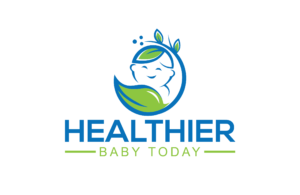The Common Cold with Healthier Baby Today: We just hate it when our babies are sick. We do what we can to prevent infection, but at some point, your baby will have a common cold. In this article, we’ll tell you more about the common cold, as well as the various symptoms and risks that the common cold has.
More About the Common Cold in Babies
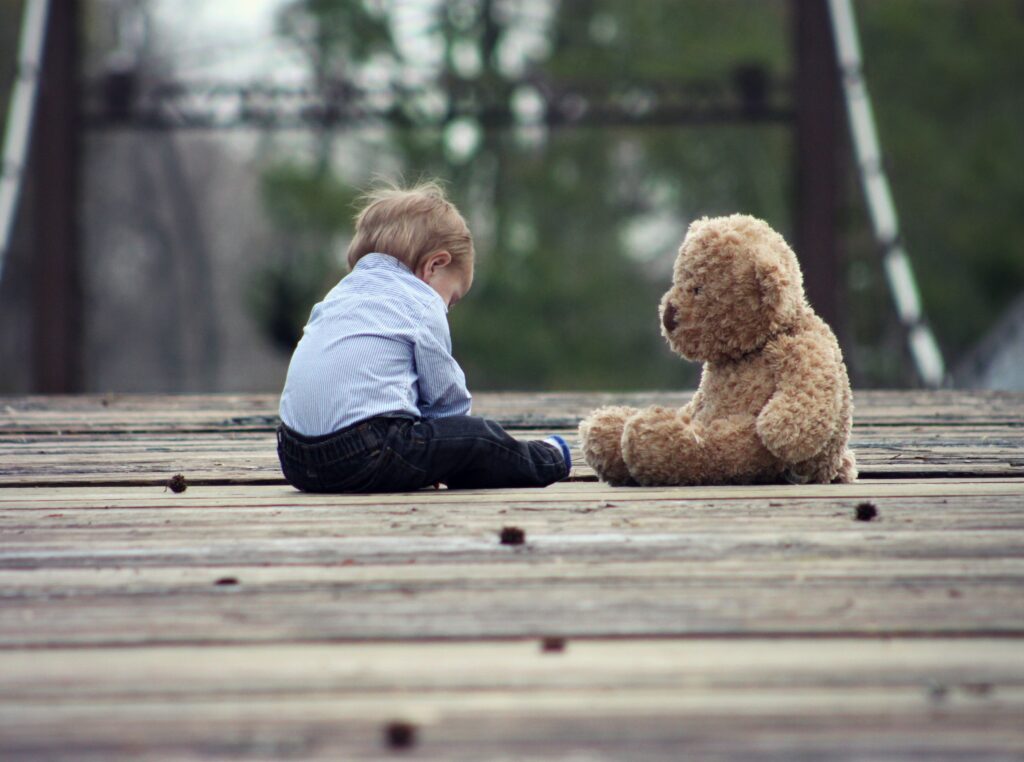
A common cold is best defined as a viral infection of your little one’s nose and throat. The main signs and or symptoms of a cold are nasal congestion as well as a runny nose.
The common gold is a regular occurrence amongst babies, especially if they are often around older children. Another reason is that they have not yet developed immunity to the many common infections around us. Most babies should have about six to eight colds within their first year of life. If the baby is in a childcare center, it is very likely that they’ll have more.
The Symptoms
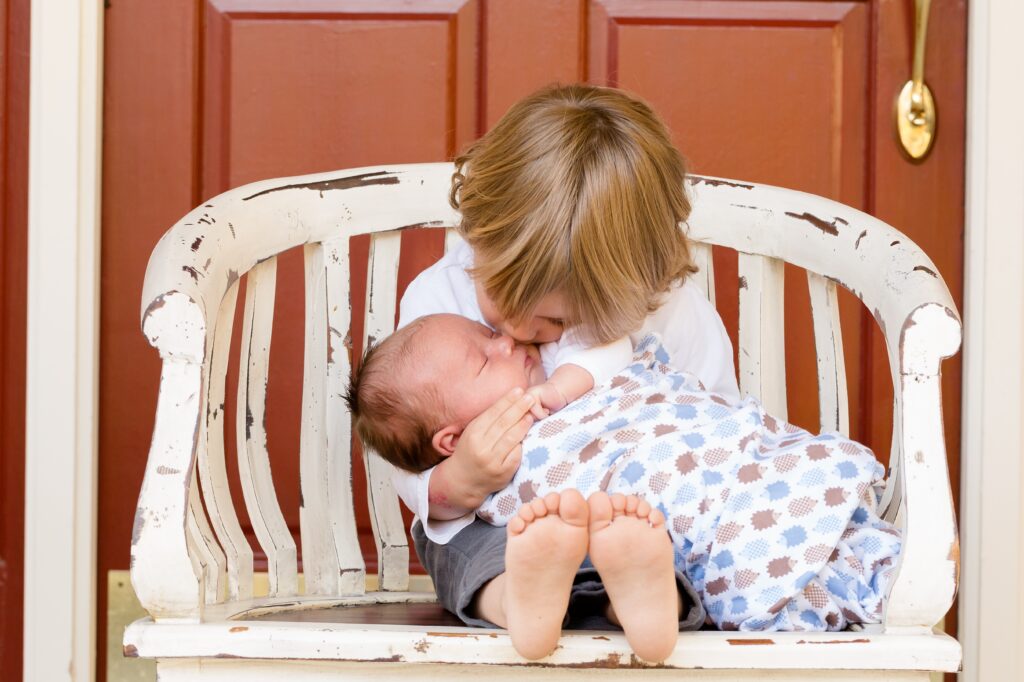
The first signs to keep an eye out for that indicate that your baby may have a common cold are:
- A congested or runny nose.
- Nasal discharge that is clear at first could thicken and turn yellow or green.
The other signs and symptoms of a common cold in your baby may include:
- A congested or runny nose.
- Sneezing
- Coughing
- Decreased appetite
- Irritability
- Difficulty sleeping
- Trouble nursing or taking their bottle due to nasal congestion.
The Treatment
Treating the common cold in babies involves easing their symptoms. This means that providing plenty of fluids, keeping the air moist as well as keeping their nasal passages open are all forms of effective treatment. If an infant is still very young, it is best that they see a doctor or medical professional at the first sign of the common cold to rule out that more serious illnesses such as croup or pneumonia aren’t present.
When to See Your Doctor
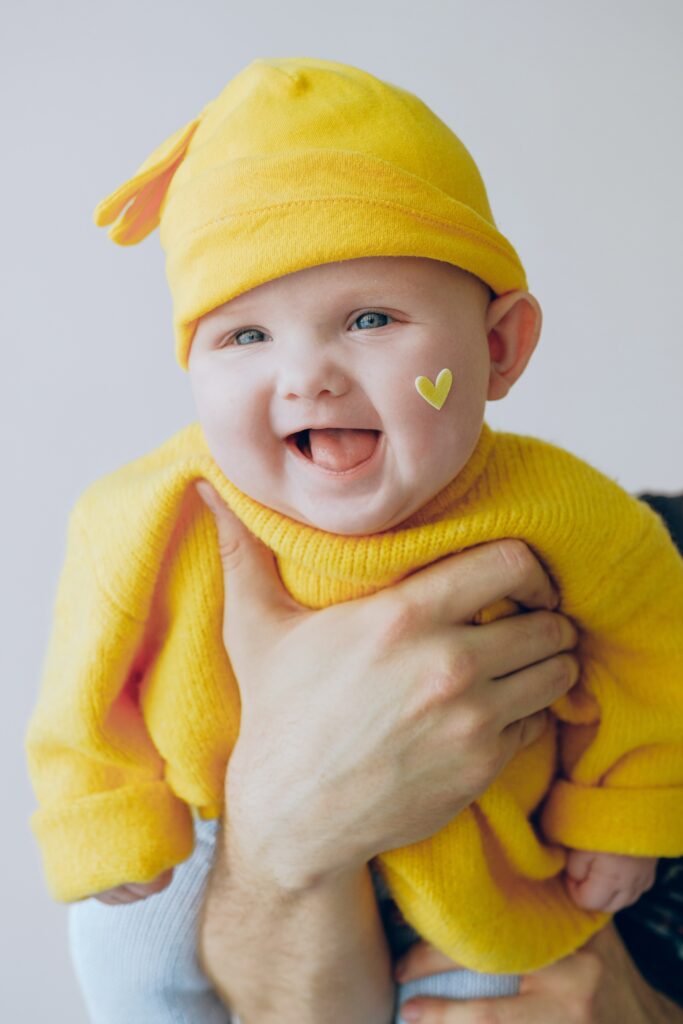
Your baby’s immune system will require time to mature. If your baby has a cold and there are no complications, the cold should resolve within 10-14 days. Colds are often nothing more than a nuisance. It is, however, important to take your baby’s signs and symptoms seriously. If your baby’s symptoms don’t improve or if they get worse, it is time to go to your doctor.
At 3 months or age or younger, call the doctor early in the illness. When a newborn gets sick, it’s extremely important to make sure that there are no more serious illnesses present. Fevers are not normal in infants and should be discussed with a doctor the moment it is discovered.
A baby older than 3 months: call the doctor immediately if you’re baby:
- Has fewer wet diapers than usual.
- Has a temperature that is higher than 100.4 °F (38°C)
- Has signs of ear pains or is unusually irritable.
- Has red eyes or if they develop greenish or yellow eye discharge.
- Has trouble breathing or if they are wheezing.
- Has a persistent cough.
- Has thick, green nasal discharge for several days.
- Other symptoms may worry you, such as an alarming or unusual cry or not waking up to eat like usual.
It’s important to see a doctor immediately if your baby:
- Refuses to nurse or accept any fluids.
- Has a cough that is hard enough to cause vomiting or changes in skin color.
- Coughs up blood-tinged mucus.
- It is bluish around the lips or has difficulty breathing.
- Is unusually sleepy or has low energy.
The Causes of a Common Cold in Babies

The common cold is also known as an upper respiratory tract infection, which is an infection of the nose and throat. This can be caused by one or even up to more than 200 viruses. The most common viruses are Rhinoviruses.
The cold virus enters your baby’s body through the eyes, nose, or mouth.
Once a baby is infected by the virus, they’ll generally become immune to that specific virus. Due to there being so many viruses that cause colds, your baby could have several colds a year and many more throughout its lifetime. There are also some viruses that do not produce long-lasting immunity.
Your baby may also become infected with a virus by:
- Air: When a person who is sick coughs, sneezes, or talks, the individual could directly spread the virus to your baby.
- Direct Contact: When someone with a cold touches your baby’s hand, they can spread the cold virus to your baby, who will then become infected after touching their own eyes, nose, or mouth.
- Contaminated Surfaces: There are some viruses that are able to live on surfaces for two hours, sometimes longer. Your baby could catch a virus when they touch a contaminated surface, such as a toy.
What Risks do a Common Cold Pose for Babies
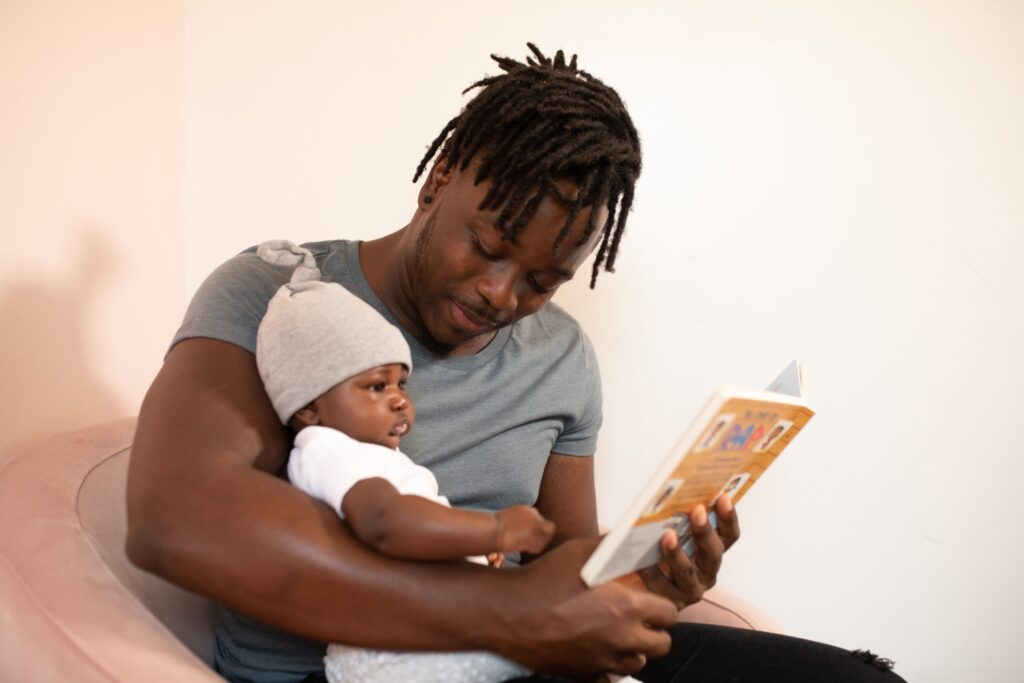
There are a few factors that put babies at higher risk of a common cold.
Immature immune systems: Babies are by nature more prone to common colds because they haven’t yet been exposed to nor have they developed resistance to most of the viruses that cause them.
Exposure to other children: When babies spend time with other children, who don’t always wash their hands or cover their coughs and sneezes, it can increase your baby’s risk of catching a cold. Exposure to anyone with a cold will increase your baby’s risk of getting one too.
Time of year: Colds are most common from fall to late spring. However, your baby may get a cold at any time of the year.
Complications that Could Arise if Your Baby has a Common Cold
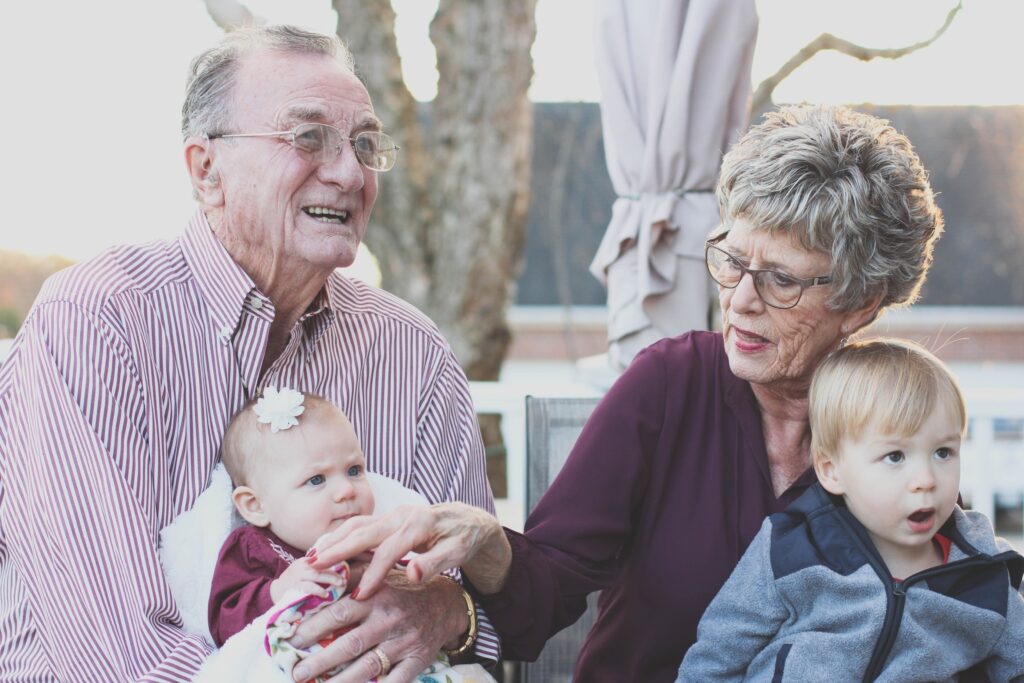
Various conditions can occur along with the common cold.
These conditions include:
- Acute ear infection (otitis media): The most common complication of the common cold is an Acute ear infection. These ear infections occur when bacteria or viruses enter the space that is behind the eardrum.
- Wheezing: Wheezing can be triggered by a cold, even if your child has no history of asthma. The common cold can worsen if your child has been diagnosed with asthma.
- Acute Sinusitis: If the common cold does not resolve, it may lead to an infection within the sinuses, known as sinusitis.
- Other infections: A common cold may lead to other infections as well. These infections include pneumonia, bronchiolitis, and croup. These types of infections will need to be treated by a doctor.
Preventing Your Baby from Catching the Common Cold
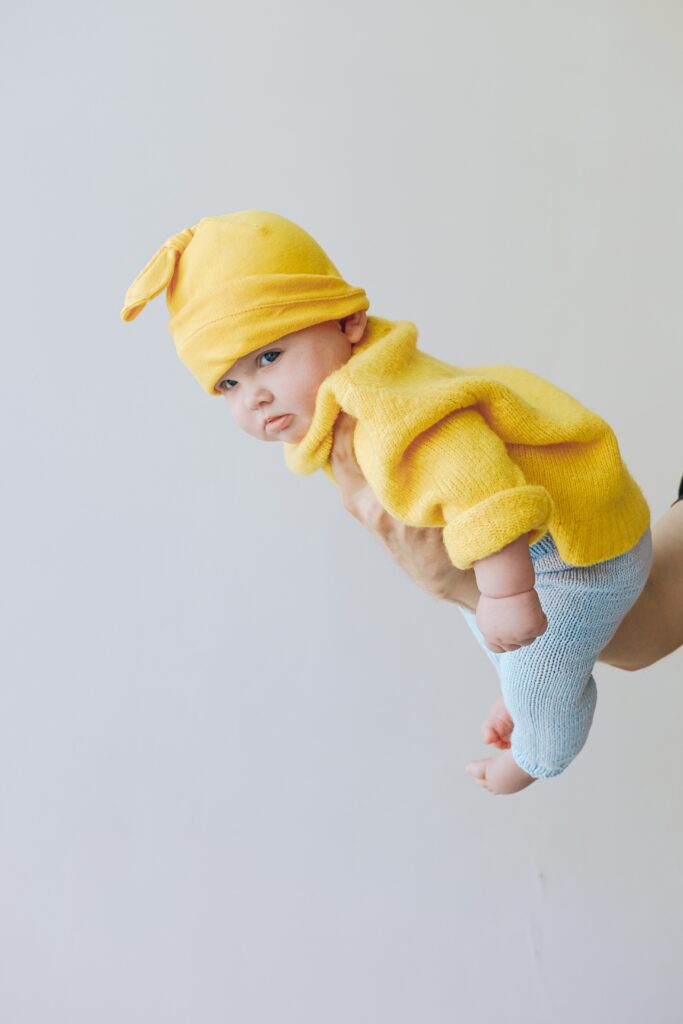
There are currently no vaccines available that prevent or fight against the common cold. Therefore, your best defense against the common cold is precautions that come as common sense, as well as frequent handwashing.
Other precautions you can take include:
- Keeping your baby away from anyone who’s sick: When you have a newborn, don’t allow anyone to visit or go visit anyone who’s sick. If it’s possible, avoid public transport as well as public gatherings when your baby is present.
- Wash your hands thoroughly before any contact with your little one: Washing your hands thoroughly and often and ensuring you use soap and water for at least 20 seconds will help prevent your baby from catching a common cold. An alcohol-based hand sanitizer can also work should there be no soap available that contains at least 60% alcohol will do. Teach your older children how important hand washing is. Avoid touching your eyes, nose, or mouth if your hands are unwashed.
- Clean your baby’s toys as well as pacifiers regularly: Clean all frequently touched surfaces. This is extremely important, especially if a family member or your baby’s playmate has presented with a cold.
- Teach those in your household to cough or sneeze into a tissue: When a tissue has been used, throw it away immediately and wash your hands afterward. If you are unable to reach a tissue in time, it is best to cough or sneeze into your elbow and wash your hands and clean the area afterward.
- Review your child care center’s policies: Finding a childcare setting that practices good hygiene and that has clear policies about keeping sick children home is the best option. This will prevent your baby from getting sick from peers.
One Common Cold
There are simple preventive measures that will keep the common cold at bay. Always ensure that your child does not come into contact with anyone that is sick. If symptoms persist or worsen, contact your healthcare provider immediately.

